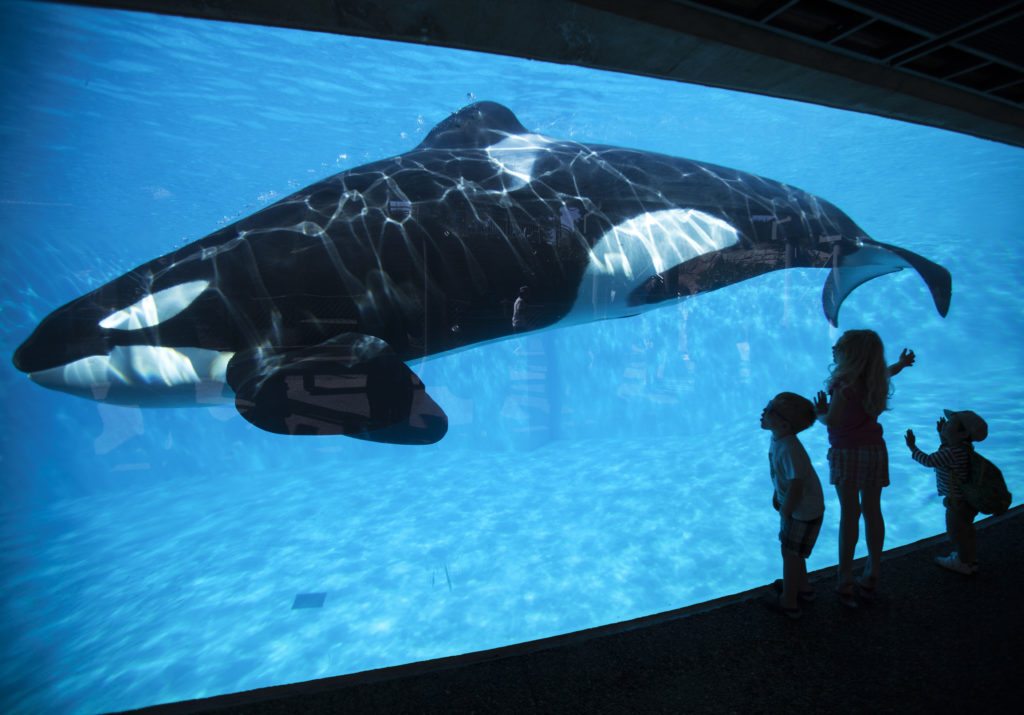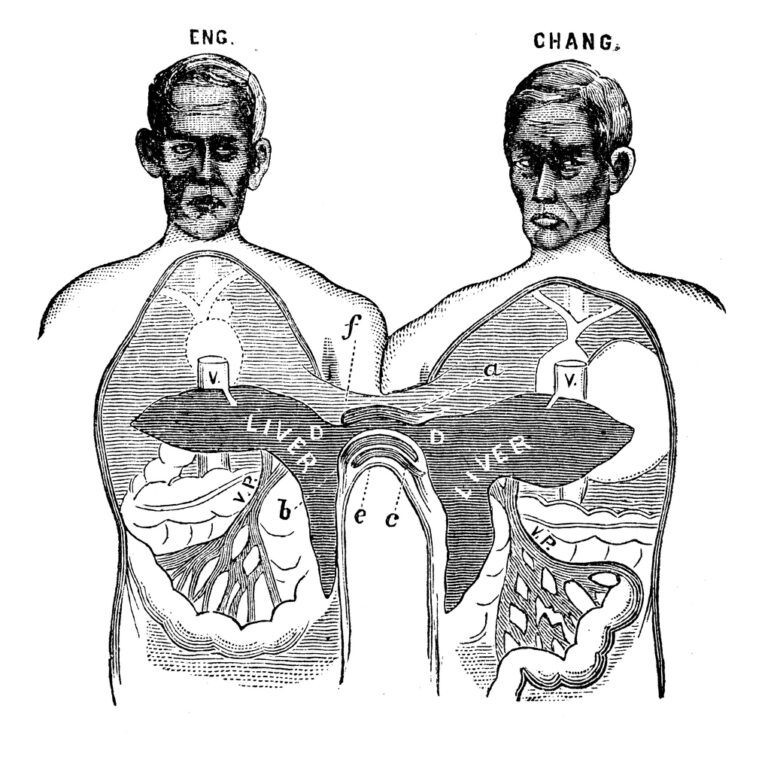International researchers have conducted the first detailed study of captive orca’s teeth – and found shocking results. Of the 29 orcas analysed, every single one had something wrong with its teeth, the report reveals.
The study highlights the dangers of keeping orcas, who have 48 teeth, in captivity. Previous research has uncovered other negative effects of keeping orcas in captivity, including the collapse of the dorsal fin as explained by scientists in the 2013 documentary Blackfish.
Damage to the teeth of the orcas examined included fractures, wear to the gum line, bore holes and coronal wear. While 24% showed extreme wear, 45% showed moderate wear. In most cases it was revealed that damage began early on in the orcas’ captive life. A common cause was the biting of solid tank surfaces which typically occurs as a result of pent-up aggression over confinement.
Two New Zealanders were involved in the research. Orca expert Dr Ingrid Vesser said the results reinforced the need to release orcas from captivity. “We know that confining them in tanks is bad for the animals and this research now gives us some hard numbers to illustrate just how their health and welfare is compromised,” she told the NZ Herald. “Compared to free-ranging orca, the teeth of captive orca are incredibly compromised and you just don’t see this type or level of damage in the wild.”
Dr Carolin Loch from the Faculty of Dentistry at Otago University pointed out that teeth health could well be a sign of poor health overall. “Teeth are incredibly important to the overall health of an animal, and the results of our study should raise serious concerns for the health and welfare of captive orca.”
The call for an end to orca captivity has increased since SeaWorld’s male orca Tilikum killed trainer Dawn Brancheau in 2010. Tilikum was separated from his mother as a baby and had been abused for much of his life.







